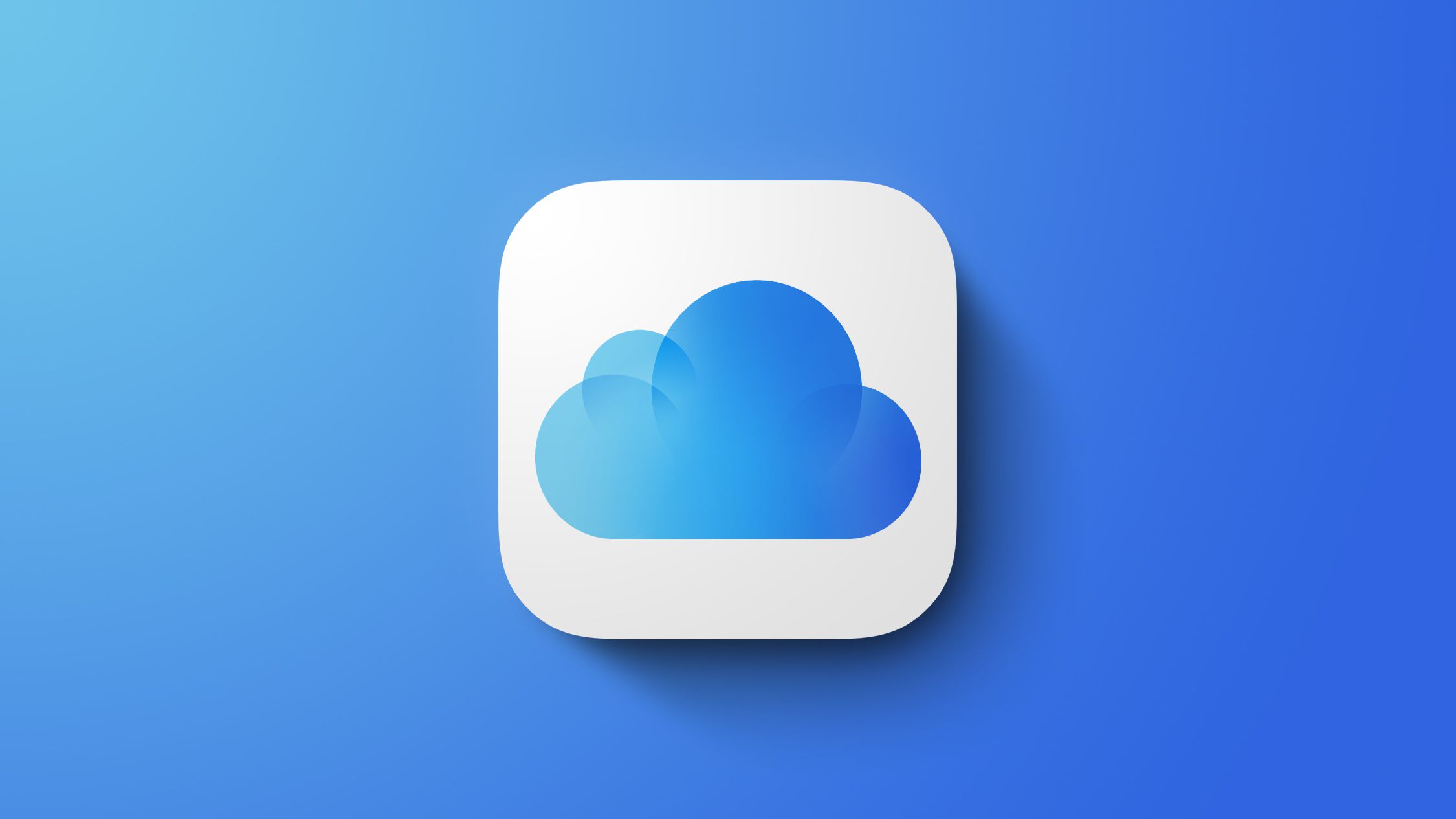Most computer sales these days are upgrades. The majority have a computing past and migrate to their new systems. Both my private Mac and my private PC have more than a TB stored on them. (And I have a NAS!)
Even my daughters produce more data with videos they shoot using iOS devices - they are currently saved by iCloud (but the kids hate it when they need to download the videos, because it’s so slow compared to on device storage). 256GB isn’t enough even for those without much history, like my pre-teen daughters.
God forbid they want to play a game, Baldurs Gate 3 for example that Apple uses in a lot of promotional material, requires 150GB.
If you don’t have any data history, don’t use mobile devices to shoot anything, don’t play games, don’t … 256GB might be enough. Although you might kill it fast because if you run an 8GB system, as you might have to page excessively to the small area you have free even by simply browsing the web.
In practise, and from this thread, it seems those that use small on-device storage do so because they solve the problem elsewhere - on other computers, cloud or web storage, external drives, NASes. Not because 256GB is enough. But external storage carries it’s own set of problems. It would have been so much better if we could simply plug in an m.2 drive in our Macs. Or, failing that, if Apple didn’t charge extortionate prices for upgraded NAND capacity (and RAM), forcing users to external storage solutions.
Apples policies on storage reminds me of Robin Williams’ genie in Aladdin - "Limitless Cosmic Power!…in an itty bitty living space".
We now have appliances.
If I want more space or more cooling, I need to buy another refrigerator.
There is a robust secondary market for a lot of Apple products but it's still work buying and selling on the used market. Ideally, you have someone that wants a 512 that you have to sell and a 1 TB that you want to buy or you have a 512 to sell that someone with a 256 wants to buy. Or someone is selling because they are upgrading to a new model.
It's fairly obvious that a lot of Apple customers have a lot of disposable income. I used to know a couple that upgraded their iPhones every year and they just bought the most expensive models. My former manager used to fly to the US in the fall every year to upgrade her iPhone as they were a lot harder to get where she lived.
I think that the vast majority of people don't care to open up their computers and work on them as well. I will open up computers to work on them but I have my car serviced at the dealer and just let them take care of maintenance. It costs more than doing it myself but it's something that I'm fine with paying someone else to do it.
I was expecting to go with 1 TB local storage (my MacBook Pros have 512 GB) but the home NAS changed my decision on storage. I just stayed with 512 GB on my new Mini. I could hang an external too. Not as elegant but I can get a Crucial 2 TB SSD for $200 and an enclosure for $20. I have spare external SSDs at 120, 240, 500 and 500 and use them from time to time but I find that I usually move large files around using a NAS. Cost per GB, flexibility and performance are strong arguments to be part of the solution.
I could replace the 512 GB NVMe SSDs in my 2014 and 2015 MacBook Pros with 2 TB. There is a long sticky thread in the MacBook Pro forum on how to do this.
The goal of a corporation is to maximize shareholder value and Apple is doing a good job at that goal.
Last edited:


